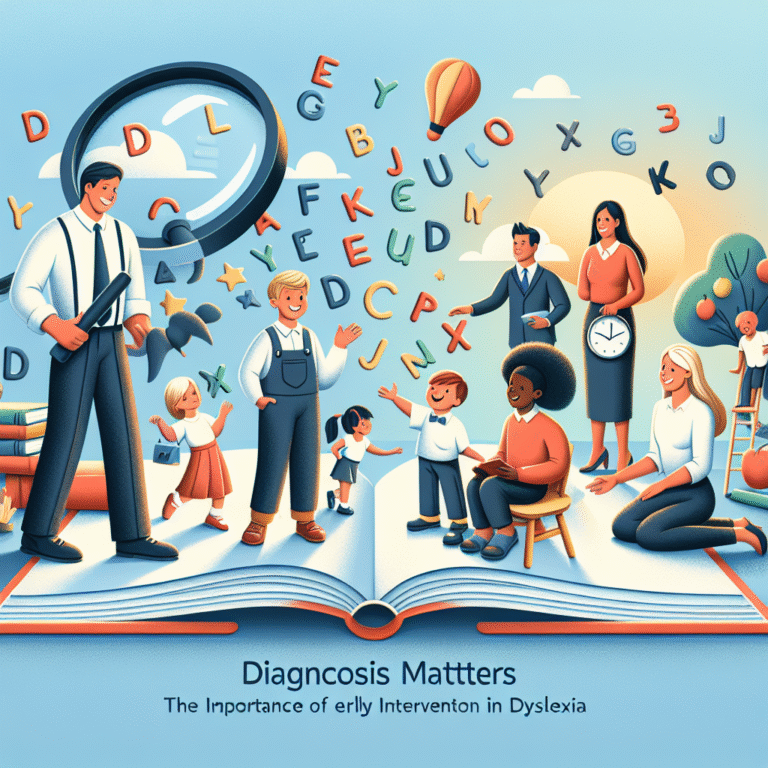
Introduction
Imagine setting out to achieve a goal—perhaps landing a dream job, making a lasting impression in a social situation, or excelling in your studies. You prep and practice, but deep down, you feel a lingering doubt. This doubt can become a silent but powerful influencer, shaping the outcome of your endeavors. Welcome to the world where expectation meets reality—specifically, the psychology of self-fulfilling prophecies.
Self-fulfilling prophecies are not merely the stuff of psychology lectures; they permeate everyday life and affect how we perceive ourselves and others. In this article, we will delve deeply into this multifaceted concept, exploring its implications, real-world applications, and offering actionable insights. As we unravel the intricate layers of expectation and reality, remember this: our beliefs shape our realities more than we often acknowledge.
The Mechanics of Self-Fulfilling Prophecies
What Are Self-Fulfilling Prophecies?
At its core, a self-fulfilling prophecy is a belief or expectation that, whether consciously or unconsciously held, leads to behavior that causes the belief to come true. This phenomenon plays a significant role in various life aspects—education, relationships, and career development. Understanding how expectation meets reality helps us unlock the power of our beliefs.
The Cycle of Expectation
- Expectation Formation: A belief about a future event is formed based on past experiences, social cues, or external influences.
- Behavioral Response: This expectation affects the way we act toward ourselves and others. For instance, if a student believes they will fail an exam, they may not study as rigorously, ultimately leading to failure.
- Outcome: The result aligns with the original expectation, reinforcing the belief.
Real-World Applications
Case Study 1: Education and Academic Performance
A classic example is found in academic settings. Rosenthal and Jacobson (1968) conducted an experiment wherein teachers were informed that certain students were "gifted," based solely on a random selection. By the end of the academic year, these students showed remarkably higher IQ gains than their peers, highlighting how teacher expectations can shape student performance.
Analysis: This case illustrates that expectation meets reality not just through the beliefs of the students but also through the teachers’ perceptions. The subtle shifts in teachers’ behaviors—greater attention, encouragement, and engagement—drastically altered the students’ academic outcomes.
| Participant Group | Initial IQ | Final IQ Gain |
|---|---|---|
| "Gifted" Students | 100 | 110 |
| Non-"Gifted" Students | 100 | 102 |
Case Study 2: Workplace Dynamics
In a professional environment, managerial expectations can significantly impact employee performance. A study demonstrated that employees who received positive reinforcement and were believed to have high potential outperformed those who didn’t. They were more engaged and motivated due to their manager’s expectations.
Analysis: Here, expectation meets reality in the work culture. When managers embrace a growth mindset and openly communicate their beliefs about employee capability, the results often manifest in improved morale and productivity.
Psychological Mechanisms Behind Self-Fulfilling Prophecies
Cognitive Dissonance
Cognitive dissonance explains why we often act in alignment with our expectations. When there’s a disconnect between our beliefs and actions, we experience discomfort, motivating us to align our actions with our expectations.
Social Validation
Another key mechanism is social validation. When individuals face societal norms or peer expectations, they adjust their behaviors accordingly, reinforcing the validity of those expectations.
The Role of Mindset
Growth vs. Fixed Mindset
Dr. Carol Dweck’s research introduces the concept of fixed and growth mindsets. Individuals with a fixed mindset believe their abilities are static, while those with a growth mindset see potential for development. Self-fulfilling prophecies thrive in environments where a growth mindset is encouraged.
| Mindset Type | Characteristics | Effect on Belief |
|---|---|---|
| Fixed Mindset | Belief in static abilities | Limits expectations |
| Growth Mindset | Belief in development | Expands expectations |
Foundation of Self-Fulfilling Prophecies in Settings
Education
In educational contexts, teacher beliefs about student abilities can shape performance. Teachers who expect high performance often foster environments that encourage student success.
Parenting
Parental expectations can dramatically influence children’s behavior and self-image. Consistently positive expectations can boost confidence, leading to better outcomes.
Relationships
In interpersonal relationships, expectations often shape how individuals interact. For example, assuming that a partner will be supportive can lead to more open communication, fostering a stronger relationship.
Overcoming Negative Self-Fulfilling Prophecies
Awareness and Reflection
Becoming cognizant of your beliefs is the first step toward modifying negative self-fulfilling prophecies. Reflection exercises can help individuals identify limiting beliefs.
Positive Affirmations
Incorporating daily positive affirmations can shift mindset and encourage behaviors that align more closely with constructive expectations.
Actionable Insights for Harnessing Self-Fulfilling Prophecies
Set Positive Expectations
Cultivate an optimistic outlook by setting realistic but ambitious goals, backed by positive expectations of your capabilities.
Influence Others Positively
Recognize the impact of your beliefs on others. Encouragement and support can create a ripple effect, leading to collective success.
Embrace Growth Mindset
Adopt a growth mindset. Believe in your capacity to learn and adapt, and you’ll find your expectations will begin to meet a more favorable reality.
Conclusion
Understanding the intricate relationship between expectation and reality is pivotal in shaping our lives. The psychology of self-fulfilling prophecies serves as a powerful reminder that what we believe profoundly influences what we achieve. By harnessing the principles discussed—from the educational settings to workplace dynamics—we can transform our expectations into positive outcomes.
As you navigate your journey, remember that your beliefs are not just thoughts; they’re powerful agents of change. Choose to cultivate positive expectations, and watch as your reality aligns with your aspirations.
FAQs
1. What is a self-fulfilling prophecy?
A self-fulfilling prophecy occurs when a belief or expectation leads to behaviors that ultimately cause that belief to materialize.
2. How do self-fulfilling prophecies work?
They work through a cycle of expectation formation, behavioral responses, and eventual outcomes that align with the initial belief.
3. Can self-fulfilling prophecies be positive?
Absolutely! Positive expectations can lead to positive outcomes, reinforcing the belief in one’s capabilities.
4. How can I overcome negative self-fulfilling prophecies?
Awareness, reflection, and practicing positive affirmations can help modify limiting beliefs and foster better outcomes.
5. How do mindset and self-fulfilling prophecies relate?
A growth mindset encourages individuals to believe in their potential for development, thus fostering positive expectations and outcomes.
This article provides an in-depth look at the psychology of self-fulfilling prophecies, emphasizing the crucial intersection where expectation meets reality. By applying the principles discussed, readers can empower themselves to reshape their beliefs and, in turn, their realities.












